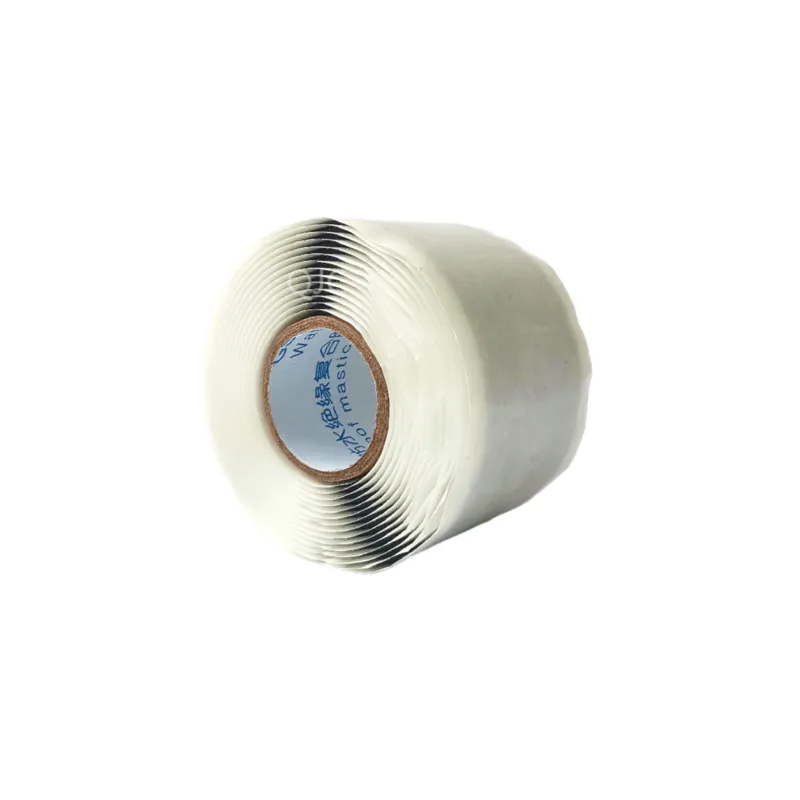When you need adhesive tape for construction repairs, you want something practical and reliable, and you don’t need to look any further than butyl tape.
So what is butyl tape, and what are its uses? Read on to find out everything you need to know about this versatile material.
What is Butyl Tape?
Adhesives are either natural or synthetic and come in three different types: acrylic-based, silicone-based and rubber-based. Butyl tape is a synthetic rubber adhesive manufactured to upgrade natural rubber adhesives. Compared with its natural counterpart, butyl tape is less sensitive to varying temperatures and maintains its stickiness at lower temperatures than traditional rubber adhesives.
Butyl tapes are highly flexible, durable and waterproof, creating an airtight seal on whatever surface you use them on. These many valuable properties, plus its versatility, make butyl rubber tape a popular adhesive option.
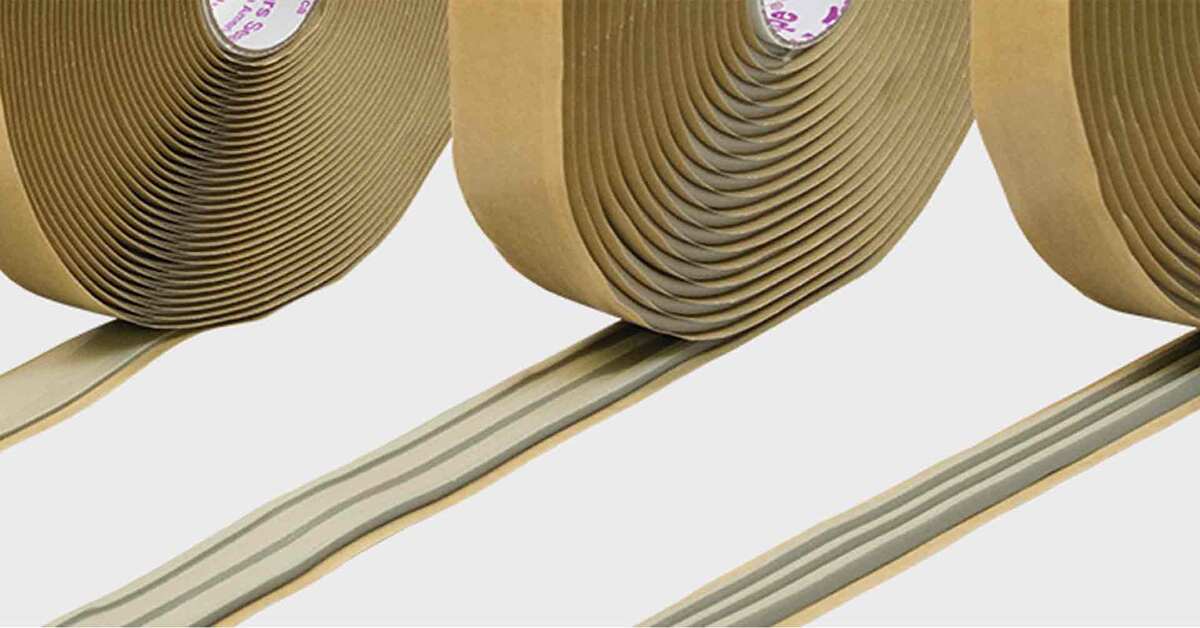
Surface Compatibility
Butyl rubber is a heavy-duty adhesive that instantly adheres quickly and easily to most surfaces, even those like outside decks where moisture is a factor. Butyl tape is compatible with these surfaces:
- Glass
- Rubber roofing
- Metal Roofing
- Galvanised Metal
- Wood
- Aluminium
- Plastic
Butyl tape is easy to install and can withstand extreme weather conditions from heavy rainfall to summer heat, meaning you can use it seamlessly in and outside the house for an effective seal on any of the above surfaces.
Uses of Butyl Tape
Homeowners and industry professionals often view butyl tape as an all in one solution because of its multifunctionality. Follow on for a closer look at some of the primary uses of butyl tape.
Window Sealing
Butyl seal tape is much easier to work with than the traditional sealants used for windows, so many people prefer to use it. It is incredibly supple and easy to bend and manipulate to the shape of the surface you’re using it on, making it ideal for installation on oddly-shaped windows and window frames.
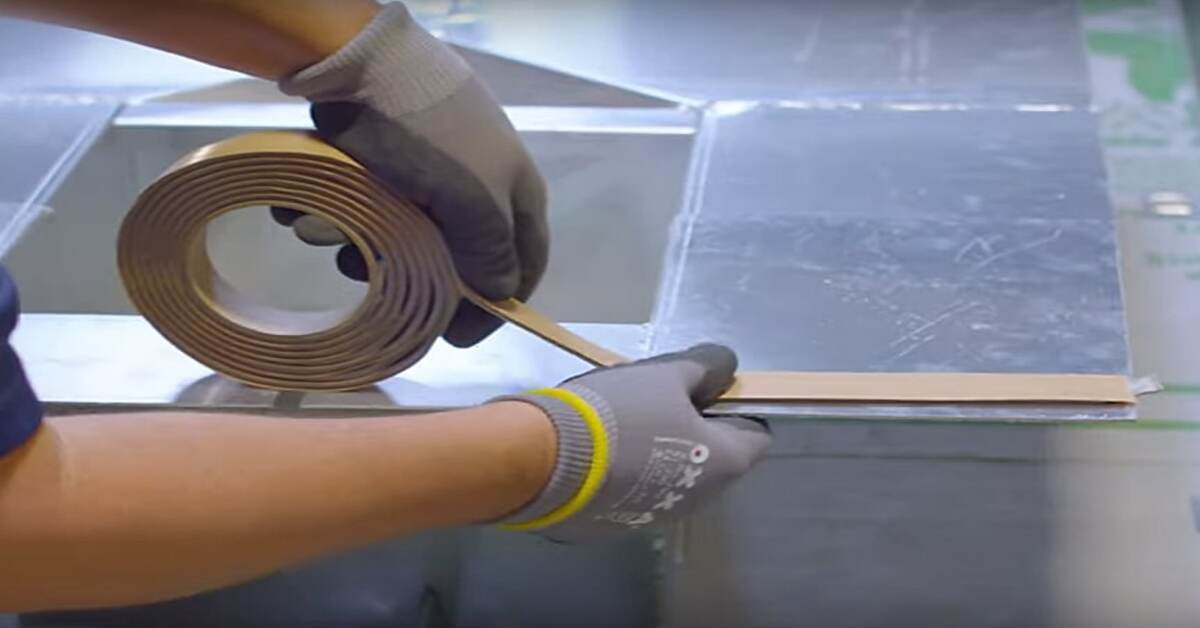
Small Household Repairs
Butyl tape is perfect for areas in the home where leaks and corrosion occur because it is waterproof and highly adhesive. Use butyl tapes for roofing repairs, leaking pipes, ventilation systems, etc.
Cars
Sometimes, cars cause problems at the least opportune times, so keeping a roll of butyl tape in your car for those unexpected issues can come in handy. You can use butyl tape for quick emergency car repairs like filling gaps on a firewall or fixing a sunroof.
Motor Homes
Similar to its use in cars, butyl tape can also be a saviour in a motor home! While butyl tape is generally slightly more expensive than the usual putty tape used for RVs, the extra few dollars spent is worthwhile for a tape that doesn’t dry out as fast, is much easier to work with and isn’t as messy. Butyl tape is excellent for sealing motor home skylights.
Boats
Butyl tape really is an all-rounder tape! It is perfect for use in the marine industry because of its strength, waterproof seal and compatibility with boat surfaces. Use butyl tape for boat hatches, portlights, and deck fittings.
PlB self-amalgamating Tape
How to Apply Butyl Tape
As with any adhesive, there are actions to ensure your project is adequately covered and protected. To properly install butyl tape, follow these simple steps.
- Preparation. Around 2-3 hours before starting your project, put your butyl tape in the fridge. This tip is more a handy trick than a critical step, but chilled butyl tape is easier to work with and much more manageable.
- Clean. The surface you’re applying your adhesive to should be spick and span, so ensure it’s completely free from dust and dirt prior to application. Once the surface is clean, make sure it’s dry before sticking down your butyl tape.
- Peel. Carefully peel away a little of the backing from the butyl tape, then apply the first part to your surface. As you peel more backing away, stick the tape down, taking care not to touch the adhesive side – not only could this tape stick to your skin, oils from your hands can damage it.
- Press. Eliminate gaps and air bubbles by running your fingers over the butyl tape, pressing it down and around all of the surface’s bumps and curves to ensure every bit of the tape is stuck down.
- Layer. Repeat the actions above as many times as you see fit to layer the butyl tape. This step is another optional one, but it helps reinforce your project with extra strength, stability and water resistance.
- Trim. Once you’re happy with the application, cut the butyl tape down to size with scissors. It would be best if you also trimmed any excess putty that has oozed out from the tape.
- Cure. The longer you leave the tape to dry and cure before exposing it to harsh conditions, the better. Overnight is ideal, but 3-4 hours will suffice if you don’t have a full day.
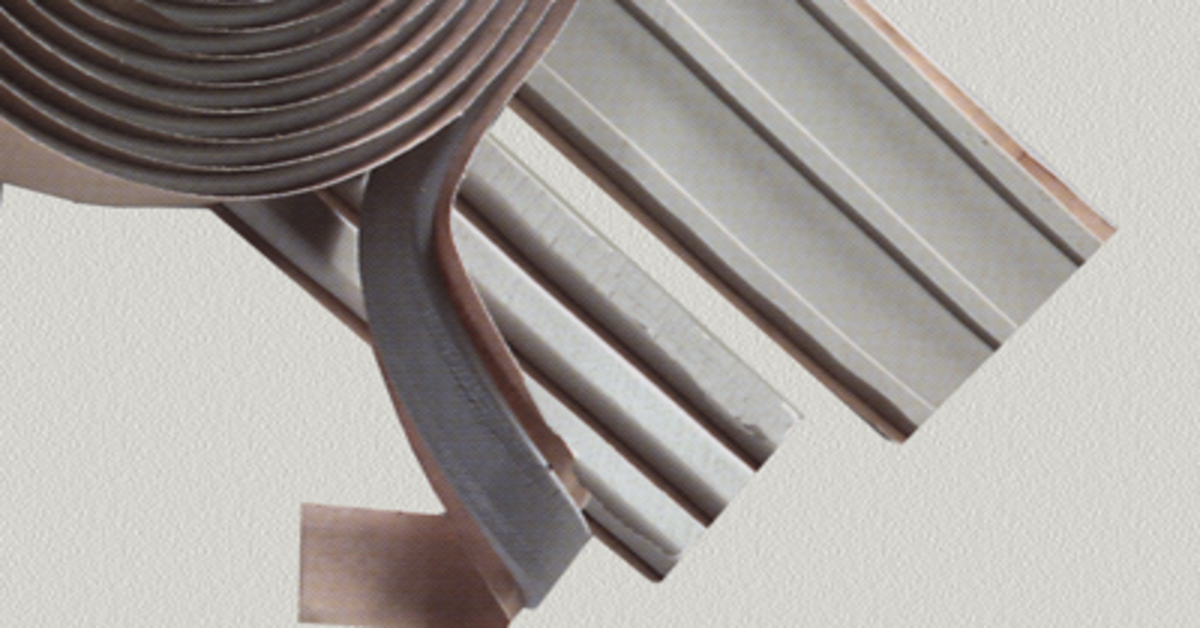
Pros and Cons of Butyl Tape
There are benefits and disadvantages to using butyl tape, as with any materials and tools. Let’s start with the pros:
- It securely adheres to the vast majority of surfaces and materials
- Butyl tape is less temperature-sensitive than natural rubber
- It can withstand extreme weather
- It doesn’t dry out like other adhesives
- Butyl is usually cheaper than silicone or acrylic alternatives
- It provides an airtight and watertight seal
- Butyl tape is versatile – it has many application uses
Not even an all-rounder like butyl tape is perfect! Read on for some points to consider before buying and using this tape.
- Butyl tape is better than natural rubber but is occasionally affected by extreme temperatures
- Strong solvents like gasoline and turpentine can dissolve butyl tape because it’s solvent-based
- It’s challenging to stick butyl tape to rough, uneven surfaces
Tips and Tricks
Now that we know everything there is to know about butyl tape, read through these last couple of points to help you purchase and apply this diverse adhesive tape.
Buy Self-Adhesive Butyl Tape
If you’re wondering which tape should you buy, consider self-adhesive butyl tape. It’s much easier to install, meaning no fiddly application and less chance of getting yourself stuck.
Thickness
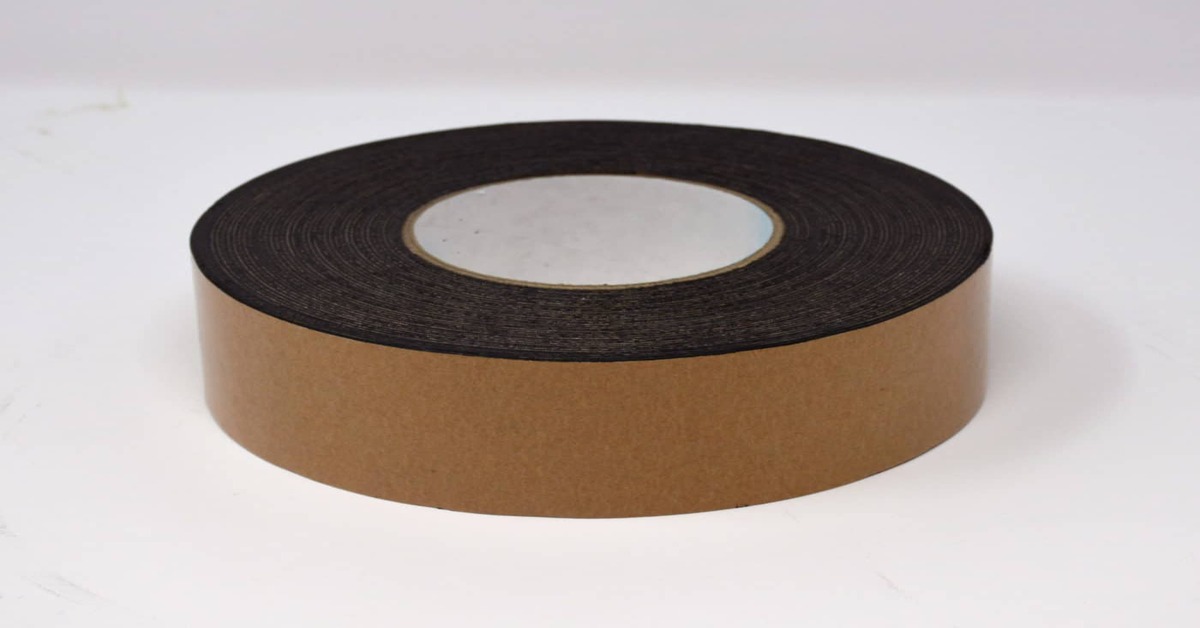
The thickness of the tape you buy is an important consideration. Too thin, and your tape won’t be as durable, but too thick, and it’ll be difficult to install.
Butyl Tape Wrapped Up
If you’re looking for tape covering all bases, butyl tape is excellent. Among its many uses, you can use butyl tape alongside to bond roofing and building materials together, and it is the perfect material for several home renovation projects. Its multifunctionality, affordability and reliability make it a firm favourite in the industry and having a roll laying around the house can prove really handy!
-
XIANGFAN Rubber Tape-Ultimate Solutions for All Your Insulation NeedsNewsJun.24,2025
-
XIANGFAN Rubber Tape-Protection for Industrial and Residential ApplicationsNewsJun.24,2025
-
XIANGFAN Rubber Tape: Superior Safety and Sealing for Demanding EnvironmentsNewsJun.24,2025
-
XIANGFAN Rubber Tape: Reliable Solutions for Every Electrical ChallengeNewsJun.24,2025
-
XIANGFAN Electrical & Industrial Tape: Powering Reliability Across IndustriesNewsJun.24,2025
-
XIANGFAN Electrical & Industrial Tape: Excellence in Every ApplicationNewsJun.24,2025

